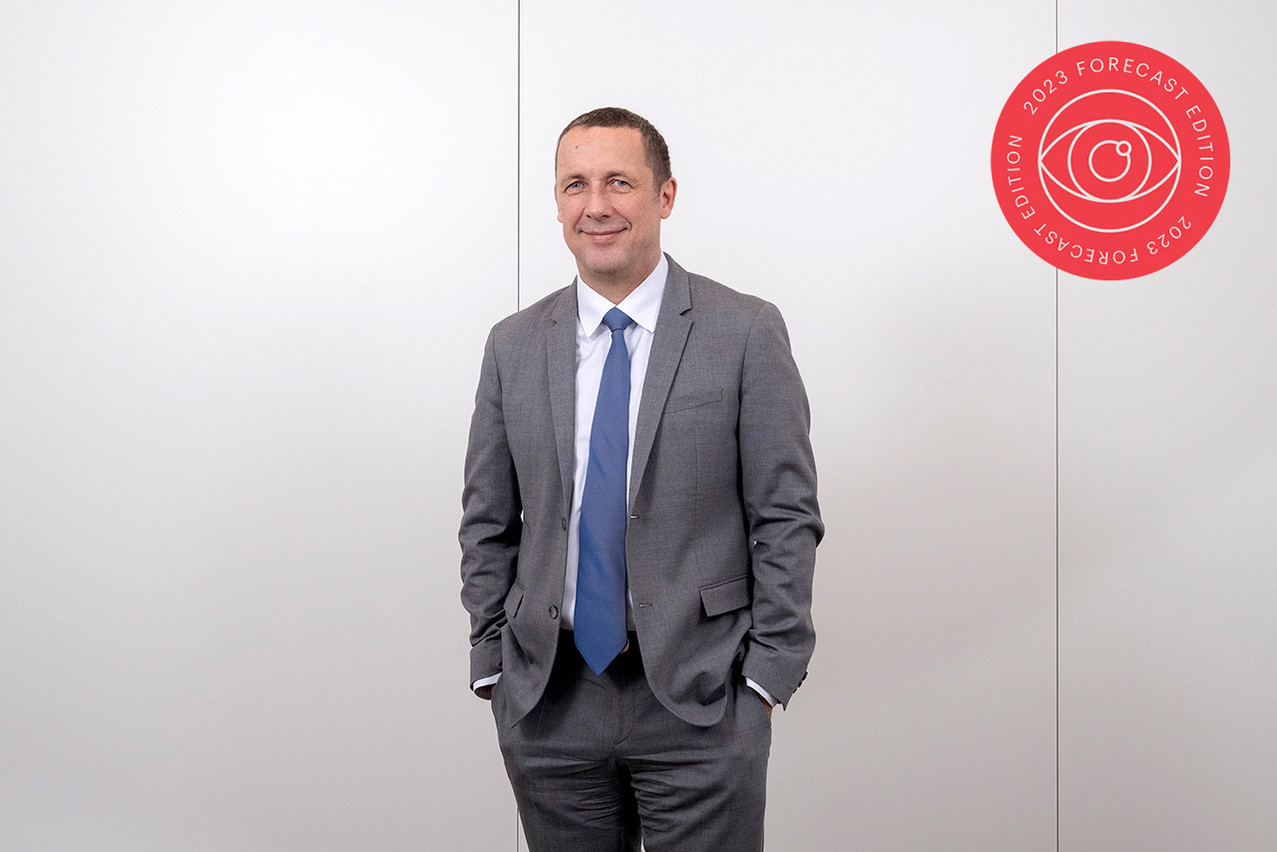Healthcare will increasingly focus on patient-centered translational medicine. It will connect the lab bench to the patient’s bed by familiarising patients with research and giving them a voice. The LIH is also focusing on the immune system and its role as a central mechanism that allows the body to differentiate health from disease.
The LIH is collaborating with the CHL and other Luxembourgish hospitals to open the Fuerschungsklinik Lëtzebuerg, a translational research centre that will link the lab with the clinic. It will bring a comprehensive clinical trial capacity to Luxembourg and connect patient needs with the LIH’s outstanding translational capacity. This is reflected via the Integrated Biobank of Luxembourg (IBBL) and the Translational Medicine Operations Hub (TMOH).
To animate the translational research dimension and to start creating value for Luxembourg’s patients, the LIH is active at a number of levels:
—The LIH is launching a comprehensive translational cancer centre, the NCTCR, in collaboration with the ministry of health. This centre aims to offer precision medicine to cancer patients, including genetic analysis and personal functional profiling, amongst other activities.
—Precision medicine is also at the heart of Clinnova, a large international initiative that includes clinical partners in Nancy, Strasbourg, Basel, Freiburg, Heidelberg, Mannheim, and Saarbrücken. The goal is to employ AI to find the right drugs for patients with chronic immune diseases.
—The LIH continues to support the National Centre of Excellence in Research on Parkinson's disease, and is the major financier along with Luxembourg’s National Research Fund.
The LIH’s strategic approach in precision medicine goes beyond classical genetic analyses. In its department of precision health, new and powerful digital phenotyping approaches are being developed to better understand specific disease subclasses or stages. It also includes the data dimension into its research efforts.
To this effect, the LIH is building a data integration centre, which allows the combination of clinical data with the most recent scientific insights. We stress the importance of regulation regarding the handling and storage of all these new data to make sure they are secure and anonymised when necessary. In addition, we fully support the European Health Data Space Proposal to make health data available and internationally exchangeable while acknowledging the individual’s control.
With the rising regulation and reimbursement of digital medical devices in Europe, new healthcare technologies will support healthcare procedures and provide better-structured health data for patients, healthcare systems, researchers and innovators, as well as for society in general. For example, with PEARL Digital Medicine, we aim to support the development of digital healthcare solutions. Regarding Parkinson’s care, we aim to establish a quality evaluation framework in Luxembourg for better and digital-supported healthcare.
